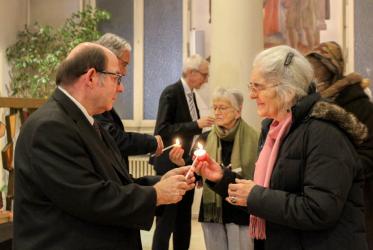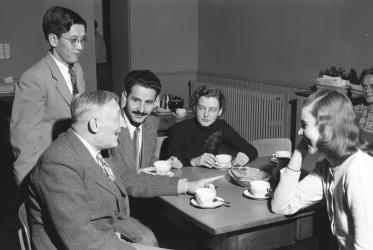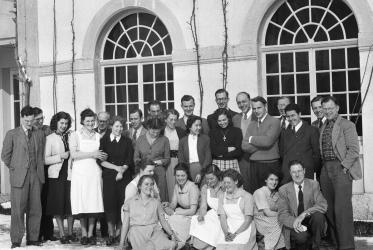Displaying 241 - 260 of 449
09 March 2017
“What can we contribute as a worldwide fellowship?”
06 March 2017
WCC general secretary speaks on religion and discrimination
14 February 2017
Churches in Norway and Pakistan break new ecumenical ground
26 January 2017
Christians in Geneva pray for reconciliation
20 January 2017
Plans for 2017 decided by WCC Executive Committee
01 December 2016
Jewish-Christian relations highlighted in latest Current Dialogue
29 November 2016
What does ‘prudence’ mean for dialogue and peace-building?
16 November 2016
Grand Imam calls for collaboration against violence and poverty
06 October 2016
Tveit offers input at religion and development meeting
03 October 2016
WCC welcomes Grand Imam of Al-Azhar
01 October 2016
Bossey anniversary commemorates 70 years of heartfelt dialogue
28 September 2016
WCC’s Bossey institute celebrates 70 years with array of events
23 September 2016











